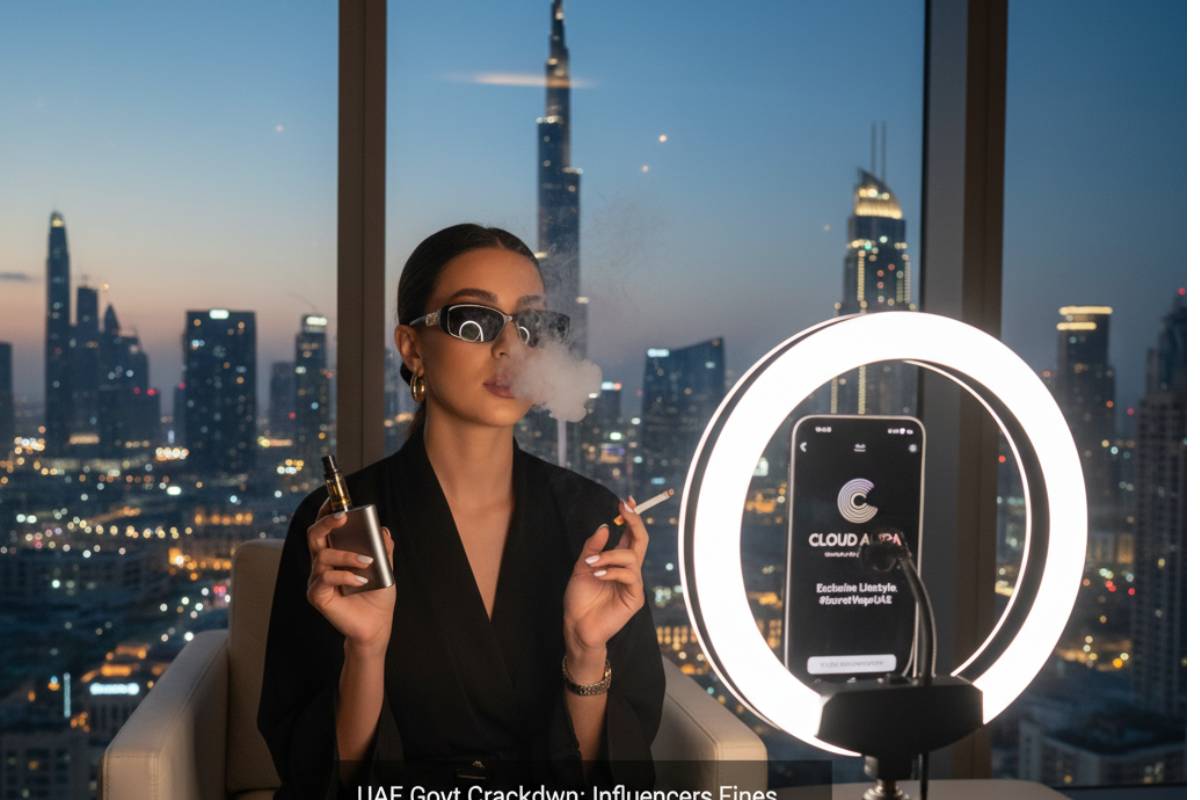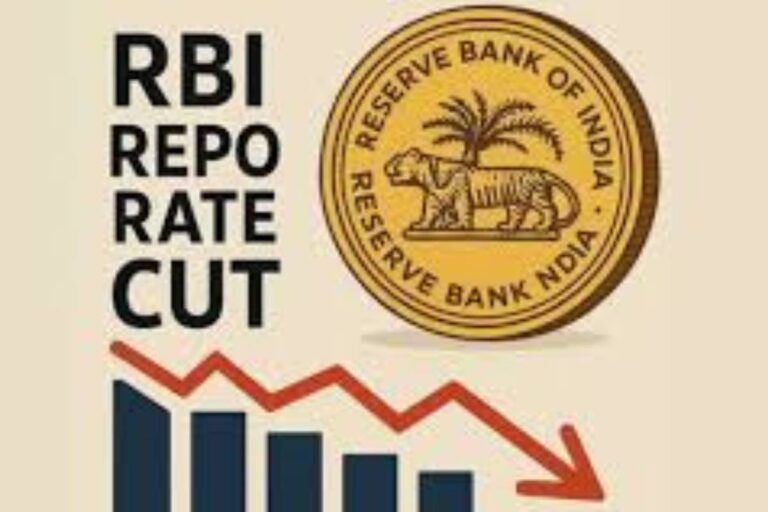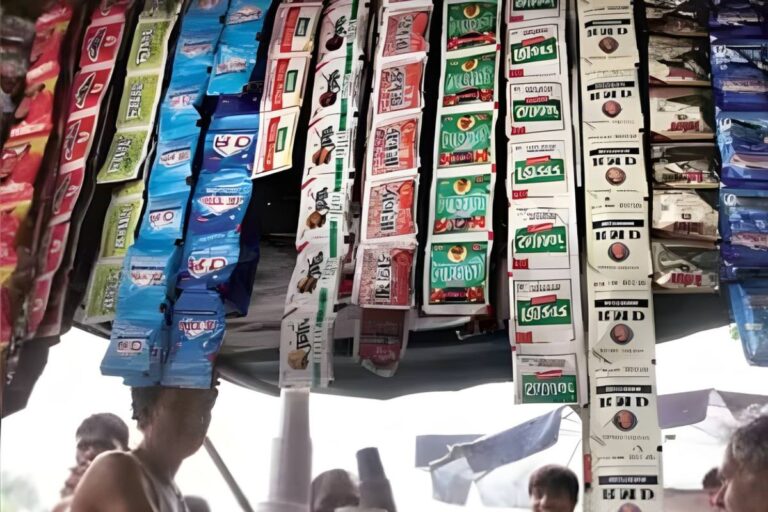In the fast-changing world of social media, where one post can reach millions of people in a matter of seconds, a new, less obvious type of advertising has appeared. In this world, influence is money, and the line between real content and paid promotion is often hard to see. Authorities in the United Arab Emirates are now making it clear that they will not allow social media influencers to promote vapes and other smoking products in secret.
The UAE Media Council has stepped in to say again that any ads related to smoking and tobacco are completely illegal, no matter how well they are hidden. This move is a big step toward cracking down on a growing black market for “hidden” ads that officials think are a direct threat to public health, especially for young people. It looks like the wild west of influencer marketing is finally going to have to pay the price.
The Growth of “Covert” Ads
So, what is this underground advertising that has regulators so worried? It’s not like a normal, full-blown ad at all. But instead, a lot of influencers in the UAE have said that vape and smoking companies have been sending them a lot of much worse offers.
The suggestions are deceptively simple: include the product in your content in a subtle way. Don’t say anything about it. Don’t even say the name of the brand. Just hold it. Put a cool vape pen on the table while you film your café vlog. While you’re telling a story on Instagram, just hold it in your hand. The goal is to make it seem like the product is naturally used, linking the influencer’s aspirational lifestyle to the product without saying anything that sounds like an endorsement.
But the plan doesn’t always stop there. These first posts are often just the first step in a more planned campaign. After that, affiliated accounts will share and spread the content, creating a second wave of promotion that strengthens the connection between the influencer and the product. This creates an indirect promotional story that doesn’t follow the rules of traditional advertising. It’s a ghost campaign that millions of people can see but that people can deny.
The Media Council is Firm
The UAE Media Council has been very clear about how they feel about these tactics. The council said in a statement that these kinds of indirect promotions are a clear violation of federal media rules. The rules aren’t new, but there is a new sense of urgency about making sure they are followed online.
The Council said, “Advertisements shall not include the promotion of alcoholic beverages, prohibited narcotic substances, tobacco, or smoking, whether directly or indirectly,” quoting the Cabinet Resolution for the Federal Decree-Law Regulating the Media.
This ban is total. It includes:
- Direct and clear ads.
- Product placements that are not obvious or “covert.”
- Implicit endorsements, which show a product but don’t say anything about it.
- Sharing or spreading content that connects an influencer to a product that helps people smoke or vape.
It’s clear what the message is: anything that encourages smoking or vaping is against the law.
The Advertiser Permit: New Rules for a New Era
The UAE has made the Advertiser Permit system mandatory to strengthen these rules. This has completely changed the way content creators who do any kind of paid promotion work. The days of making deals on the side may be coming to an end.
Before posting any ads on digital platforms, people and businesses must register and get the right permits. It’s a step toward making an industry that has long been in a gray area more open and accountable.
There are now clear rules that people with permits must follow. They have to follow all of the UAE’s rules for media content, and in some cases, they have to get permission from the right people before an ad goes live. The Council called for “all media professionals and digital creators to exercise full responsibility and transparency in their advertising practices.”
Why the Crackdown Is Happening Right Now
This increased focus on promoting vaping isn’t happening in a vacuum. Health experts and teachers have been warning about a worrying trend: more and more school kids are using e-cigarettes.
Health experts are becoming more and more worried about the use of e-cigarettes by teens in the UAE, and it’s easy to see why. The attraction is strong, thanks to a mix of factors:
- Tasty Flavors: E-cigarettes come in a wide range of candy, fruit, and dessert flavors, which makes them much more appealing to young people who would probably not like the taste of regular tobacco.
- The “Safer” Myth: Many teens still believe that vaping is a safe alternative to smoking because it makes vapor instead of smoke. They think it’s a “safer” choice, but more and more health research shows that this isn’t true.
- Peer Pressure: Social dynamics are a big part of any youth trend. When friends and peers start vaping, other people feel like they have to do it too to fit in.
- Aggressive Marketing: People have said that e-cigarette companies use marketing techniques that are aimed at young people, like using attractive ads and influencers to connect vaping with a cool, desirable lifestyle.
It makes the problem even worse that these things are being sold to minors. Even though it is against the law to sell vapes to anyone under 18, students have said that it is not too hard to get them through illegal means. There are harsh penalties for these kinds of sales, starting with fines of AED 500 and going up to AED 10,000. If a business keeps doing it, it could even have to close.
A Digital War Around the World
The UAE’s fight is just a small part of a much bigger fight going on all over the world. Regulators all over the world are trying to figure out how to stop the promotion of products like e-cigarettes on social media sites that are used by people from many different countries.
Studies have shown that tobacco and vape advertising is everywhere on sites like Instagram, where brands and stores use popular hashtags to hide their ads in millions of real posts, which is often against the site’s own rules.
Facebook, Instagram, and TikTok are some of the biggest social networks that have rules against paying influencers to promote nicotine or tobacco products. But the content stays. This shows a big gap in enforcement, which means that more resources need to be put into enforcing the rules that are already in place. The World Health Organization (WHO) has said that digital marketing, such as campaigns with influencers, is a key area in the fight to stop tobacco advertising and promotion around the world.
The UAE is making it clear that it wants to close that gap within its own borders with this latest warning. The message to both influencers and the companies that want to hire them is clear: the rules about tobacco advertising apply to everyone, everywhere, even on social media, which seems to have no borders. It looks like the health of the country is not up for debate.






















